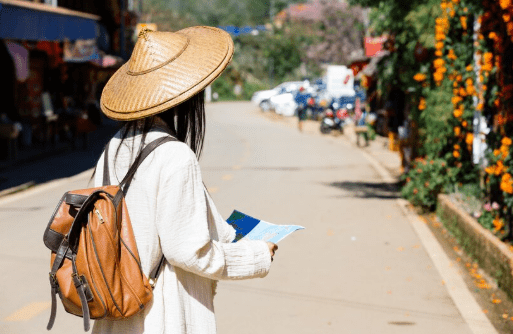Why Bamboo Murabba Is Pakistan’s Most Underrated Superfood
Traditional Pakistani foods are making a comeback, and two items in particular are rising fast: bold, flavour-packed Pakistani Achar and the surprisingly powerful Bamboo Murabba as locals call it Bans ka Murabba. While achar has always been a favourite, Bamboo Murabba is finally getting the attention it deserves — not as a sweet treat, but as a genuine natural superfood.
Even though it has existed in rural kitchens for generations, it remained overlooked for years. Now, with health-conscious consumers rediscovering traditional remedies, Bamboo Murabba is proving itself to be one of Pakistan’s most beneficial and underrated foods.
A Forgotten Treasure With Deep Cultural Roots
Bamboo Murabba has long been used in villages from Sindh to Punjab. Grandmothers would serve it in the morning to strengthen digestion, cool the stomach, and provide steady energy throughout the day. It wasn’t a trend — it was simply part of daily life.
Over the years, as processed snacks replaced homemade foods, Bans ka Murabba faded from the modern kitchen. Yet its healing benefits remained unmatched. That’s why brands like Soghat-e-Khas are reviving it today, prepared the traditional way without shortcuts.
What Makes Bamboo Murabba a Superfood?
Bamboo is naturally rich in fibre, antioxidants, minerals, and plant-based compounds that support overall health. When turned into murabba, it becomes softer, gentler on the stomach, and easier to absorb.
Its biggest benefit is digestion. Many people find that eating a few pieces of Bamboo Murabba in the morning reduces acidity, improves appetite, and helps regulate bowel movement. For others, it works as a natural “cooling food” — especially helpful in Pakistan’s warm climate.
Another reason it’s considered a superfood is its slow-release energy. Unlike sugary snacks that cause sudden spikes, Bamboo Murabba provides steady, natural fuel throughout the day. This makes it ideal for both children and adults.
Why It’s Becoming Popular Again
Pakistanis are returning to traditional foods because they offer what modern snacks don’t — purity, simplicity, and genuine wellness. People want real, chemical-free ingredients and remedies that actually work.
That’s why Bamboo Murabba is trending again. It fits perfectly into the “back to basics” movement. It’s natural, filling, and incredibly soothing. Once people try it, they realise why their grandparents trusted it so much.
Soghat-e-Khas prepares it using old methods: slow cooking, small batches, and natural ripening. This keeps the texture soft and the flavour authentic — similar to homemade murabba.
More Than a Sweet Treat: It Supports Daily Wellness
Many assume murabba is just a sugary preserve, but Bamboo Murabba is different. It has a functional benefit. Its fibre supports digestion, its nutrients support energy, and its mild sweetness makes it easy to enjoy every day.
For people dealing with bloating, acidity, or irregular appetite, it becomes a natural remedy. For those with tiring routines, it becomes a quick energy boost without relying on junk food. It is also popular among elders who prefer soft, soothing foods that help strengthen the body.
This combination of flavour and functionality makes Bamboo Murabba one of the most useful traditional foods you can keep at home.
The Perfect Balance: Achar for Taste, Murabba for Comfort
Pakistani meals have always balanced heat and sweetness. A spicy plate becomes more satisfying when paired with something soothing. That’s why many families enjoy achars during meals and murabbas during breakfast.
While Pakistani Achar brings sharpness and flavour, Bans ka Murabba brings calmness and digestive comfort. Together, they represent the harmony of traditional South Asian food culture — supporting both taste and wellness in a natural way.
Soghat-e-Khas preserves this dual tradition by offering both premium achars and authentic murabbas prepared with clean, home-style recipes.
Final Thoughts
Bamboo Murabba is truly Pakistan’s hidden superfood — gentle, powerful, and deeply rooted in tradition. As more people seek natural wellness, this once-forgotten murabba is finally returning to its rightful place.































